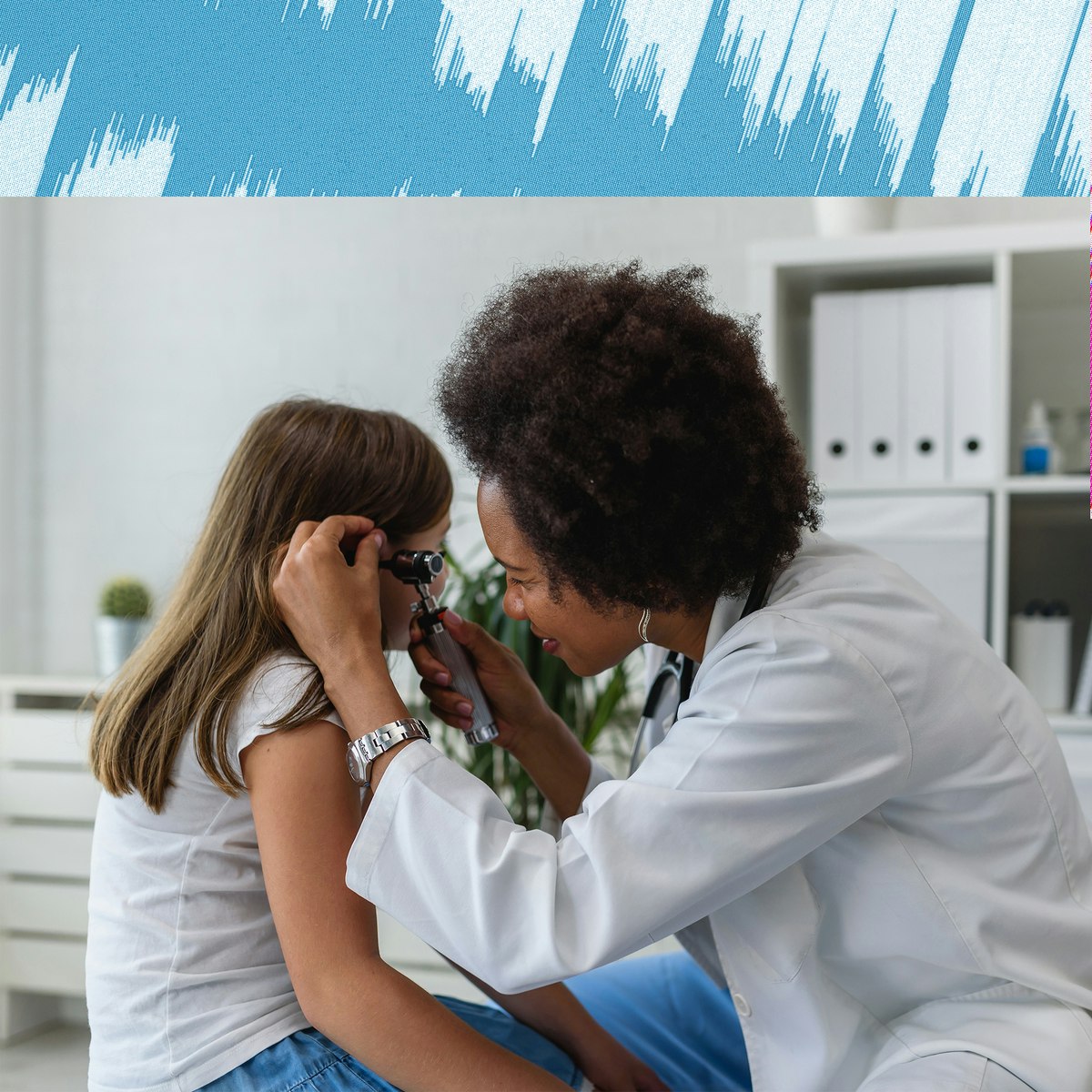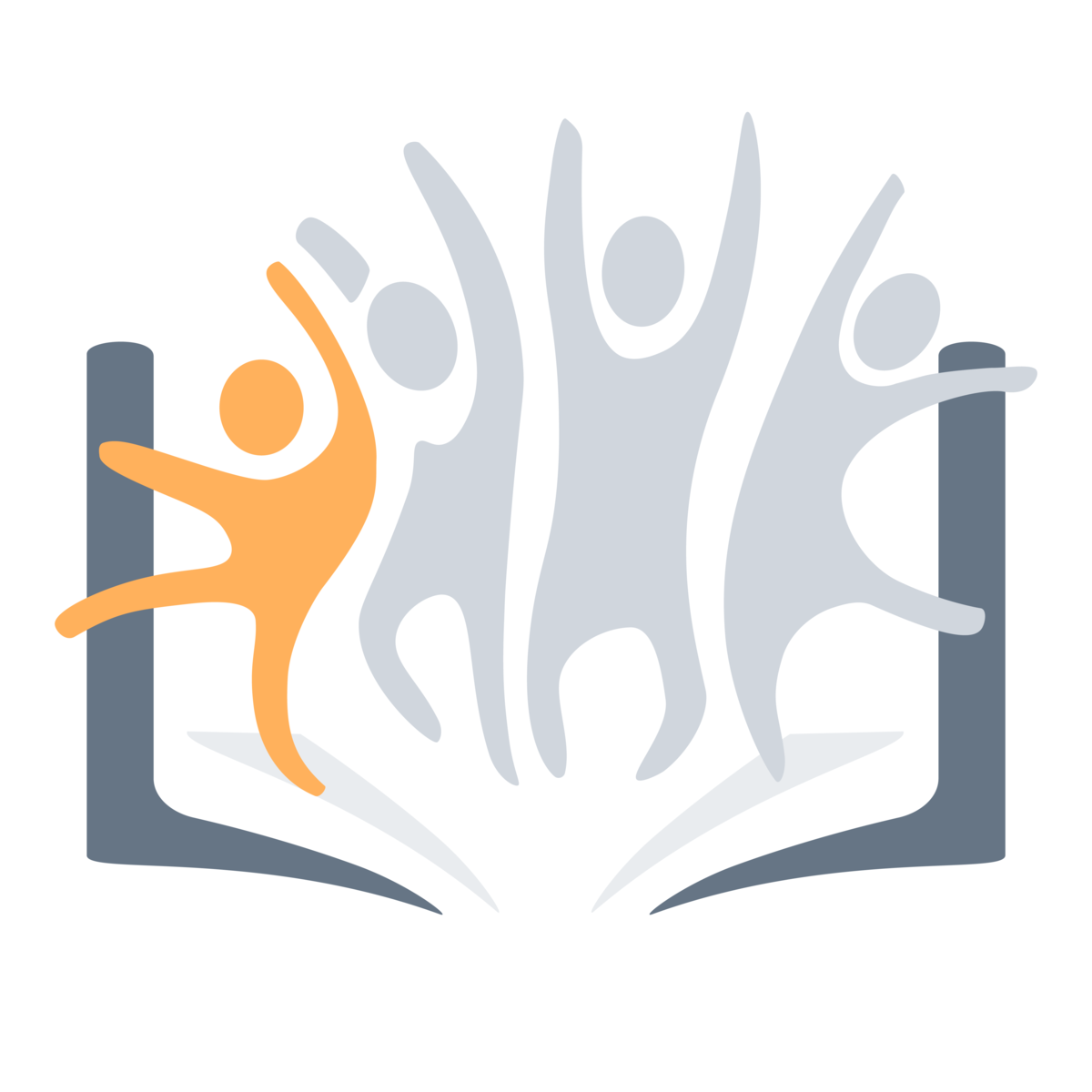Back to Courses









Life Sciences Courses - Page 61
Showing results 601-610 of 644

Ebola: Essential Knowledge for Health Professionals
March 2014 marked the starting point of the largest outbreak of Ebola virus disease in history. Although the disease seems to be on a decrease, we are not there yet and new outbreaks will surely emerge. New efforts to combat the outbreak are necessary. This is why we developed this online course about Ebola, targeted at health professionals across the world.
In this course you will cover the fundamental knowledge any health professional should have with expected or confirmed cases or a general interest in the Ebola disease. You will discuss the epidemiology of the disease, its pathophysiology and transmission, the clinical presentation including differential diagnosis and confirmation of disease. You will also discuss the general therapeutic approach to the care of Ebola suspected or confirmed patients and discuss the novel vaccine and drug developments.
As the Ebola crisis continues to rage through the affected areas, we need health professionals like yourself to be informed and involved.
This course is developed in collaboration with colleagues at the University of Amsterdam, the University Medical Center Utrecht (Julius Center/Julius Global Health), Elevate Health, Médecins Sans Frontières and the Lion Heart Foundation.

Evaluating Public Health Programs at Scale
This course provides an introduction to evaluating public health programs at scale. This course focuses on evaluating public health programs and policies in low- and middle-income countries, however, core skills of designing and carrying out an evaluation are applicable to any public health programs and policies. The course will equip you with skills to:
1. Critique an evaluation of an international health program, identifying its strengths and possible weaknesses and how they could be addressed.
2. Develop a technically-sound evaluation plan for a reproductive, maternal, newborn, child health (RMNCAH) and nutrition program being implemented at scale in a low- or middle-income country, including evaluation design, key indicators, measurement methods, analysis, and communication of results.
3. Guide program managers and donors through a process of agreeing on priority evaluation activities included in an evaluation plan for a specific RMNCAH and nutrition program.
4. Make informed decisions about whether they want to pursue further learning and/or a professional role as an evaluator of large-scale programs.
The development of this course was supported by a grant from Government Affairs Canada (GAC) for the Real Accountability, Data Analysis for Results (RADAR) project.

eHealth: More than just an electronic record
The MOOC, "eHealth: More than just an electronic record!", is multidisciplinary in nature, and aims to equip the global audience of health clinicians, students, managers, administrators, and researchers to reflect on the overall impact of eHealth on the integration of care. It explores the breadth of technology application, current and emerging trends, and showcases both local and international eHealth practice and research.
The entire eHealth Course consists of 5 modules and takes about 5 weeks to complete. Completion certificates are issued on the basis of participation in all 5 modules. Completing the health practice assignment in Module 5 entitles you to advanced standing in some of the eHealth courses run by the Faculty of Health Sciences, University of Sydney.
What you'll learn
- The fundamentals of eHealth and where it is heading
- What kind of health data we are currently collecting and how it will transform healthcare in the future
- How new technologies are helping health consumers participate in their own healthcare
- How eHealth can improve the coordination and efficiency of healthcare and what the barriers might be
Length: Self-paced 5 week course
Study time commitment: 3 hours per week
Assessable components: Assignment 1 in Module 2 (40%) and Assignment 2 in Module 5 (60%).
Guest presenters (listed in alphabetical order):
* Jordan Andersen | The University of Sydney
* Dr Teresa Andersen | Sydney Local Health District
* Dr Robert Birnbaum | Harvard Medical School / Partners Healthcare
* Melissa Brunner | The University of Newcastle & The University of Sydney
* Professor Jane Burns | Young and Well Cooperative Research Centre & The University of Sydney
* Professor Rafael A. Calvo | The University of Sydney
* Dr Andrew Campbell | The University of Sydney
* Dr Jelle Demeestere | John Hunter Hospital, Newcastle NSW
* Professor Hugh Durrant-Whyte | The University of Sydney
* Karen Finnin | Physios Online
* Professor Afaf Girgis | UNSW Medicine
* Anna Janssen | The University of Sydney
* Professor Judy Kay | The University of Sydney
* Dr Melanie Keep | The University of Sydney
* A/Professor Jinman Kim | The University of Sydney
* Dr John Lambert | eHealth NSW
* Dr Melanie Keep | The University of Sydney
* Dr Karen Luxford | Clinical Excellence Committee NSW
* Michael Marthick | Chris O’Brien Lifehouse & The University of Sydney
* A/ Professor Mark McEntee | The University of Sydney
* Professor Kathryn Refshauge | The University of Sydney
* Dr Ursula Sansom-Daly | Sydney Children's Hospital, Prince of Wales Hospital & UNSW Medicine
* Dr Arran Schlosberg | The University of Sydney
* Professor Stephen Simpson | The University of Sydney
* Professor Leanne Togher | The University of Sydney
* Josh Zadro | The University of Sydney

Managing ADHD, Autism, Learning Disabilities, and Concussion in School
Welcome to our next course in the School Health specialization: Managing ADHD, Autism, Learning Disabilities, and Concussion in School. In this course, you will about the most common developmental and behavioral disorders affecting children such as ADHD, autism spectrum disorder, learning disorders, and concussions. We will focus on how schools can support children by recognizing common symptoms and understanding the diagnosis process.
You’ll be introduced to scenarios that provide firsthand clinician experience working with children with ADHD. We will walk through management options for the most common developmental and behavioral disorders. Next, we’ll go through two interview modules that discuss autism and learning disorders. Finally, we’ll discuss what concussions are, symptoms, and management
Prepare yourself to learn about the most common development and behavioral disorders affecting children.

Hearing Loss in Children
Approximately 2 to 3 out of 1000 children in the United States are born with a significant hearing loss. Early identification and intervention of hearing loss is crucial to children’s lifelong learning outcomes. It is well documented that later identification of hearing loss can lead to significant delays in children’s speech, language, literacy, social and emotional development.
This course addresses gaps currently existing in the health education curriculum for pediatric hearing loss and gives learners the foundational knowledge that can be applied immediately in a broad range of health, educational, and home settings.
Benefits of the course include:
• Basics of hearing and vestibular systems
• Overview of early hearing screening programs
• Clinic videos related to diagnosis, treatment & management of hearing loss in children
• Personal interviews with children who are Deaf or Hard of Hearing
• Overview of the public health & educational infrastructure supporting children who are Deaf or Hard of Hearing
• Taught by multi-disciplinary pediatric experts
• Exclusive operating room footage exploring ear anatomy and surgical ear procedures
The University of Michigan Medical School designates this enduring material for a maximum of 11.5 AMA PRA Category 1 Credit(s)™. The University of Michigan Medical School is accredited by the Accreditation Council for Continuing Medical Education (ACCME) to provide continuing medical education for physicians.
This activity contributes to the CME component of the American Board of Pediatrics’s Maintenance of Certification Part II program. More information can be found in the course.
If you would like to earn CME/MOC credit for participating in this course, please review the information in the course prior to beginning the activity. At the end of the course you will get specific instructions on how to get your free CME.

Clinical Epidemiology
Evidence forms the basis of modern medicine. Clinical research provides us with this evidence, guiding health professionals towards solutions to problems that they face in daily practice. Transferring existing problems in medical practice to a research setting is a challenging process that requires careful consideration. The practice of clinical epidemiology aims to address this through the application of established approaches for research in human populations, while at all times focussing on the problem at hand from a clinical perspective.
This course teaches the principles and practice of clinical epidemiology, drawing on real problems faced by medical professionals and elaborating on existing examples of clinical research. Medical researchers will lean how to translate real clinical problems into tangible research questions for investigation, gaining insight into some of the most important considerations when designing an epidemiological study along the way.
Core concepts will be introduced along four key themes: diagnosis, prognosis, treatment and etiology. Followers of this course will develop their understanding of the topics addressed through lectures from experts, peer interaction and review assignments.

Voice Disorders: What Patients and Professionals Need to Know
Welcome to Voice Disorders: What Patients and Professionals Need to Know
Knowledge regarding vocal production physiology and management options for voice disorders have experienced rapid growth over the past 40 years. This growth has resulted in a knowledge gap amongst patients and practitioners. Entirely new subspecialties of laryngology under otolaryngology and vocology under speech-language pathology have developed in response to this gap.
This MOOC (Massive Open Online Course) is designed to educated patients, allied healthcare providers, vocal trainers/coaches, general medical practitioners and otolaryngologists. Participants will be exposed to current concepts on the physiology of voice production. These physiologic principles will be applied to speaking and performance voice production styles. Building on the knowledge of efficient voice production methods, participants will learn how vocal inefficiencies can lead to the development of voice disorders. Finally, behavioral, medical and surgical management options and indications will be presented.
The course has been divided into five modules, each of which is followed by multiple choice questions:
Week 1 - CME Information, Accreditation and Introduction (2 min)
Week 2 - Module 1: Basic Anatomy and Physiology of the Speaking and Singing Voice (29 min. + quiz)
Week 3 - Module 2: Applied Physiology (Function) (20 min. + quiz)
Week 4 - Module 3: Changes in Vocal Effort and Quality (20 min. + quiz)
Week 5 - Module 4: Principles of Voice Evaluation and Examination (17 min. + quiz)
Week 6 - Module 5: Medical or Surgical Intervention (33 min. + quiz)
Note: This course is no longer available for CME Credit.
Please review the CME Information and Accreditation prior to proceeding with the course modules.
Release Date: November 29, 2017
Expiration Date: November 29, 2019
Estimated Time to Complete: 3 hours
CME Fee: $30
CME Credits Offered: 3.0
CME Reviewer: Marita S. Teng, MD
How to Receive CME Credit:
For physicians who are interested in earning CME credits and other allied health professions who wish to receive a Verification of Attendance certificate, you must:
a. Complete Signature Track (details to follow after enrolling in this course)
b. Complete registration process through the Icahn School of Medicine at Mount Sinai, CME Office using the following link:
https://mssm.cloud-cme.com/default.aspx?EID=9&P=3000&CaseID=2 (WARNING: This course is no longer available for CME Credit.)
(You will be required to pay an additional non-refundable fee of $30.00 in addition to the $49.00 fee for signature track.)
c. Email an attached copy of your Verified Certificate from Coursera to the CME office at the Icahn School of Medicine at cme@mssm.edu and request your CME certificate.
d. You will be provided with the instructions for downloading your CME/CE certificate.
Course Planners
Lynette Bobbitt
Mark S. Courey, MD
Lisa Chase
Jill Gregory
Gale Justin
Paul Lawrence
Erik Popil
Christopher Smith
Kelly Zerella
Amy Zhong

Managing Asthma, Allergies, Diabetes, and Seizures in School
Welcome to School Health specialization: Managing Asthma, Anaphylaxis, Food Allergies, Diabetes, and Seizures in School course. In this course, you will learn about these common medical issues students face and how to best support students who suffer from them. We will also take a holistic look at how we can best support overall student health.
We will take a look at how the school nurse provides support to students and staff in each scenario and how to plan ahead in the event of an emergency.
We will walk through the reasons that schools should promote student health and how we can support students that face these common medical conditions
As part of the course, we will introduce two students to help all of this information come alive. Prepare yourself to learn about these common medical conditions. Let’s get started!

Data Collection: Online, Telephone and Face-to-face
This course presents research conducted to increase our understanding of how data collection decisions affect survey errors. This is not a “how–to-do-it” course on data collection, but instead reviews the literature on survey design decisions and data quality in order to sensitize learners to how alternative survey designs might impact the data obtained from those surveys.
The course reviews a range of survey data collection methods that are both interview-based (face-to-face and telephone) and self-administered (paper questionnaires that are mailed and those that are implemented online, i.e. as web surveys). Mixed mode designs are also covered as well as several hybrid modes for collecting sensitive information e.g., self-administering the sensitive questions in what is otherwise a face-to-face interview. The course also covers newer methods such as mobile web and SMS (text message) interviews, and examines alternative data sources such as social media. It concentrates on the impact these techniques have on the quality of survey data, including error from measurement, nonresponse, and coverage, and assesses the tradeoffs between these error sources when researchers choose a mode or survey design.
Positive Psychology: Applications and Interventions
Positive interventions are one of the building blocks for the application of positive psychology in our day-to-day lives. In this course taught by Dr. James Pawelski, we explore positive interventions through theory, research and practice. We provide learners the basic tools for using and measuring positive psychology in professional or personal contexts. Suggested prerequisite: Positive Psychology: Martin E. P. Seligman’s Visionary Science.
